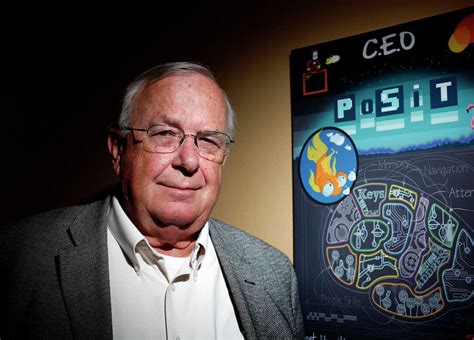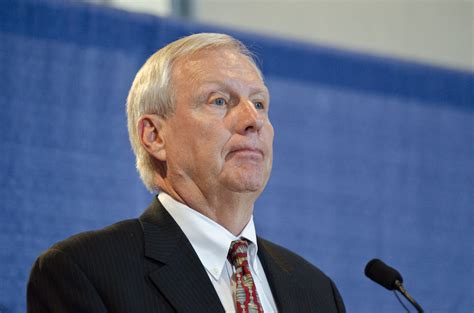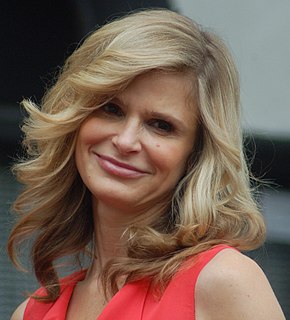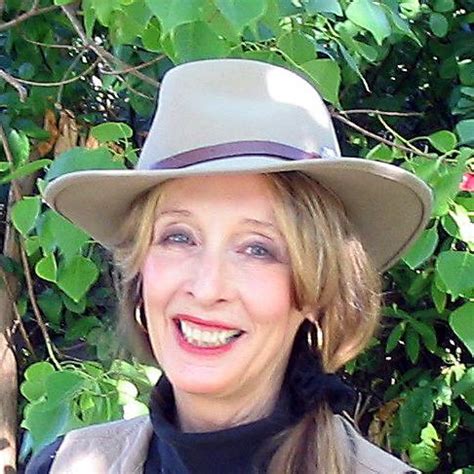A Quote by Margaret Mead
Where we choose to put our attention changes our brain, which in time can change how we see and interact with the world.
Related Quotes
It doesn't matter if it's jazz or not. It's about how we listen, how we interact, how we guide our attention when we're listening, and how we can refine what we're doing musically. Also how we can create our own music, and what opportunities that can bring us, as creative musicians. And then insisting that musicians put themselves through an intellectually rigorous process, which involves a lot of reading and writing, while insisting that music scholars think about ethics.
We but mirror the world. All the tendencies present in the outer world are to be found in the world of our body. If we could change ourselves, the tendencies in the world would also change. As a man changes his own nature, so does the attitude of the world change towards him. This is the divine mystery supreme. A wonderful thing it is and the source of our happiness. We need not wait to see what others do.
When we feel we are powerless our ego most wants to change the things in our world. As we realize we have the power to change our reality the maturity that comes with that understanding changes us, and we find ourselves in acceptance of what is with less desire of feeling our need to change the world around us.
The patterns of activity of neurons in sensory areas can be altered by patterns of attention. Experience coupled with attention leads to physical changes in the structure and future functioning of the nervous system. This leaves us with a clear physiological fact…moment by moment we choose and sculpt how our ever-changing minds will work. We choose who we will be in the next moment in a very real sense, and these choices are left embossed in physical form in our material selves.
Global climate change is real and we have a limited time to change our behavior or live with the consequences. We can all help by making small changes in our lives to letting our voice be heard by our governing bodies. As has always been the case in this country, if the people demand change, it will come.
All men and women are born, live, suffer and die; what distinguishes us one from another is our dreams, whether they be dreams about worldly or unworldly things, and what we do to make them come about... We do not choose to be born. We do not choose our parents. We do not choose our historical epoch, the country of our birth, or the immediate circumstances of our upbringing. We do not, most of us, choose to die; nor do we choose the time and conditions of our death. But within this realm of choicelessness, we do choose how we live.
There is so much about my fate that I cannot control, but other things do fall under the jurisdiction. I can decide how I spend my time, whom I interact with, whom I share my body and life and money and energy with. I can select what I can read and eat and study. I can choose how I'm going to regard unfortunate circumstances in my life-whether I will see them as curses or opportunities. I can choose my words and the tone of voice in which I speak to others. And most of all, I can choose my thoughts.
In the space between stimulus (what happens) and how we respond, lies our freedom to choose. Ultimately, this power to choose is what defines us as human beings. We may have limited choices but we can always choose. We can choose our thoughts, emotions, moods, our words, our actions; we can choose our values and live by principles. It is the choice of acting or being acted upon.




































